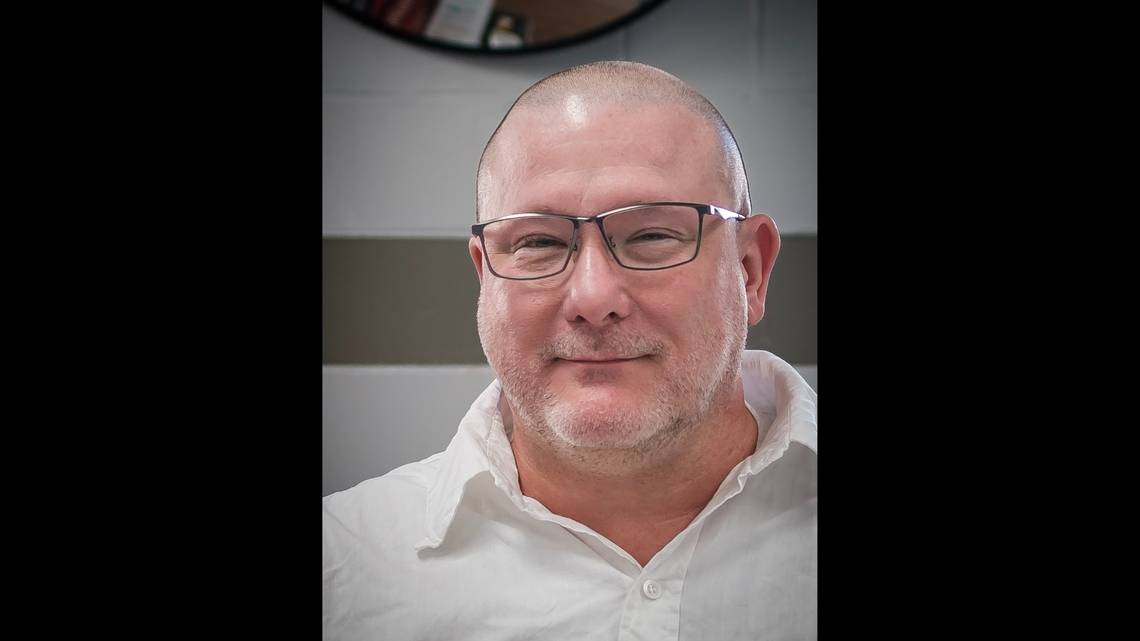Brian Dorsey was convicted in the 2006 killing of his cousin Sarah Bonnie and her husband Ben Bonnie in central Missouri. He was given the death penalty.
On Dec. 13, the Missouri Supreme Court scheduled Dorsey’s lethal injection for April 9.
In a motion filed late Thursday, Dorsey’s attorneys argue that the head of the Missouri Department of Corrections, acting director Trevor Foley, should not be allowed to oversee an execution.
Foley was named by Missouri Gov. Mike Parson as acting director of the corrections department on Nov. 30. According to a news release, Foley began his career with the department as a budget analyst in 2000 and left the agency in 2008 before returning as director of budget and finance in 2018.
Dorsey’s legal team contends that Foley is inexperienced and has “no applicable correctional experience.”
According to state law, “The director shall have education, training and experience in correctional management.”
The director also oversees the selection of the confidential execution team and the implementation of the lethal injection protocol.
“The multiple risks attendant to an execution require an experienced Director, as do the Missouri Constitution and statutes,” the motion says.
It goes on to say that Foley is the acting director, not the director. The director is confirmed by the Missouri Senate, a process the motion says provides checks and balances.
In January, a hard-right group of Missouri senators held up more than two dozen appointments nominated by Parson in a fight over a proposal making it harder to change the state constitution.
The governor’s office and the Department of Corrections did not immediately respond to requests for comment on Dorsey’s motion.
Dorsey’s legal team has filed other cases seeking to halt his execution. One argued that Dorsey was in a state of drug psychosis the night of the double murder and was “incapable of deliberation,” making him ineligible for a first-degree murder charge. That was struck down by the Missouri Supreme Court on Wednesday.
A federal case contends that Missouri’s protocols present a “substantial risk of serious, torturous, physical and psychological pain.”
Sixty corrections staff support granting Dorsey life without parole. So does Michael Wolff, a former Missouri Supreme Court justice. He was on the high court when it upheld Dorsey’s death sentence in 2009.
But in a March 4 letter to Gov. Mike Parson, Wolff wrote that he did not know how ineffective Dorsey’s trial attorneys were. The attorneys, who were paid a flat fee for taking the case, allowed Dorsey to plead guilty while the death penalty was still on the table.
“There are rare cases where those of us who sit in judgment of a man convicted of capital murder got it wrong,” Wolff wrote. “The decisions affirming Brian Dorsey’s death sentence is just such a case.”
Members of Dorsey’s family are divided on his upcoming execution. Some oppose capital punishment for him. But a statement from the family of Sarah Bonnie’s family, said, “All of these years of pain and suffering we finally see the light at the end of the tunnel. Brian will get the justice that Sarah and Ben have deserved for so long.”
Missouri has ramped up its use of the death penalty, executing four people last year. It is one of five states with executions scheduled this year, according to the Death Penalty Information Center.
The Star’s Kacen Bayless contributed to this story.
